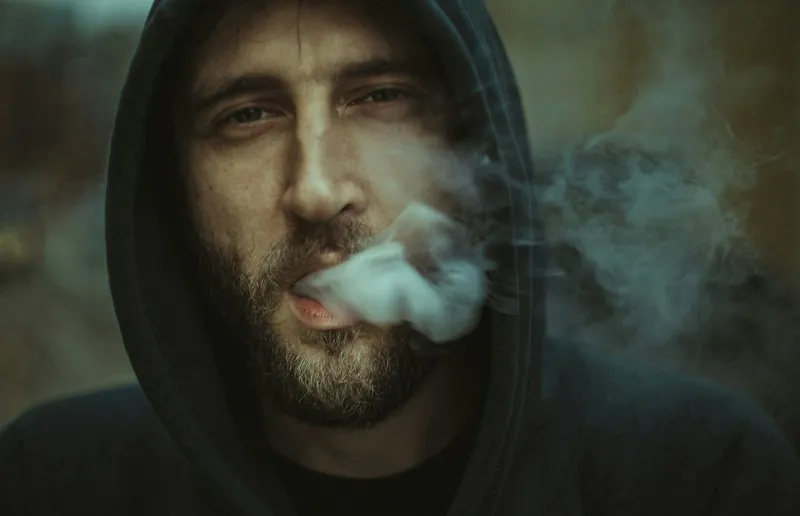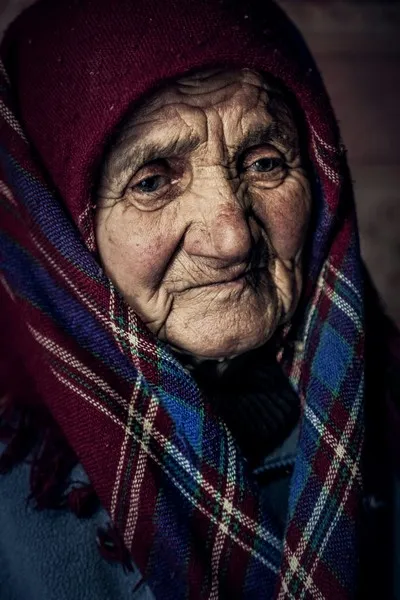Table of Contents
- Origins and Historical Context
- Ideology and Core Beliefs
- Gender Relations and the MGTOW Critique of Society
- The Role of the Internet and Online Communities
- Criticisms and Controversies
- Conclusion
The MGTOW (Men Going Their Own Way) movement is a relatively recent but impactful socio-political phenomenon that emerged as a response to contemporary gender relations, feminism, and the evolving roles of men and women in society. Rooted in an ideology of male independence and self-preservation, MGTOW advocates for men to disengage from conventional societal expectations, particularly those related to relationships, marriage, and traditional masculinity. By rejecting the pressures imposed by romantic and social interactions with women, MGTOW asserts that men can reclaim autonomy over their lives. This movement has gained significant attention due to its critiques of gender roles, social institutions, and perceived biases against men. However, it has also been met with substantial controversy, largely due to its association with online subcultures and its opposition to feminist ideals. In this article, we will explore the origins, ideology, and social implications of the MGTOW movement through a sociological lens.
Origins and Historical Context
The MGTOW movement can be traced back to the early 2000s when online communities began forming in response to changing gender dynamics and perceptions of male marginalization. While the movement’s precise origins are difficult to pinpoint, its emergence was closely tied to the broader “manosphere,” a network of online communities focused on issues related to men’s rights, gender relations, and masculinity. The rise of MGTOW coincided with increasing critiques of feminism and growing concerns about the perceived legal and social disadvantages men face in areas such as family law, divorce settlements, and child custody.
Historically, the MGTOW movement can be viewed as part of a broader backlash against the feminist movements of the 1960s and 1970s, which sought to address gender inequality, particularly regarding women’s rights in the workforce, reproductive health, and social freedoms. As gender norms began to shift, some men perceived these changes as undermining traditional masculinity and male authority. The backlash to feminism, however, was not limited to MGTOW; it also manifested in other men’s movements, such as Men’s Rights Activists (MRAs) and pick-up artists (PUAs). While these groups have different focuses, they all share a central belief in the victimization or marginalization of men in contemporary society.
Ideology and Core Beliefs
At the core of the MGTOW movement is the belief that men should “go their own way” by rejecting societal expectations related to relationships, particularly those with women. MGTOW advocates argue that modern relationships are fraught with legal, emotional, and financial risks for men, often pointing to divorce statistics and the perceived biases of family courts. They believe that contemporary gender relations have created an imbalance in which men are unfairly disadvantaged. To mitigate these risks, MGTOW proponents advocate for men to disengage from romantic and sexual relationships with women, eschew marriage, and prioritize personal development and autonomy.
MGTOW is often categorized into different stages or “levels” of disengagement from women and society. At the most basic level, some men choose to be more cautious in their relationships with women, while others opt to abstain from long-term relationships altogether. At the extreme end, some MGTOW followers reject any form of interaction with women, advocating for total isolation from the opposite sex. This spectrum of engagement reflects the movement’s decentralized nature, as there is no single authority or leader guiding its principles.
A key aspect of MGTOW ideology is its critique of feminism, which is often portrayed as a movement that has gone too far in empowering women at the expense of men. MGTOW proponents argue that feminism has created a societal environment where men are unjustly vilified and burdened with expectations of financial and emotional responsibility in relationships. In their view, men are seen primarily as providers and protectors, roles that no longer benefit them in a society where traditional gender norms have been dismantled.
Gender Relations and the MGTOW Critique of Society
MGTOW’s rejection of traditional gender roles is both a critique of societal structures and a response to perceived injustices faced by men in contemporary gender relations. Central to this critique is the belief that modern society unfairly favors women, particularly in the areas of family law, employment, and social discourse. MGTOW advocates often highlight the disparities in divorce settlements, where they argue that men are disproportionately required to pay alimony and child support, even in cases where they may not have primary custody of their children. These grievances are further fueled by the belief that men are stigmatized in cases of domestic violence and false accusations, reinforcing their sense of victimization.
Moreover, MGTOW critiques extend beyond the legal realm to include broader societal expectations of men. For instance, they argue that men are still expected to conform to traditional masculine ideals of strength, stoicism, and financial responsibility, even as these ideals are challenged by changing gender norms. In contrast, women are perceived as benefiting from both the advantages of feminism (such as workplace equality and reproductive rights) and the remnants of traditional gender roles (such as chivalry and financial dependence on men). From the MGTOW perspective, this creates a double standard that places men in an untenable position.
The MGTOW movement also addresses issues related to male mental health and well-being, arguing that society fails to acknowledge the pressures and challenges men face in contemporary life. MGTOW proponents often discuss the high rates of male suicide, substance abuse, and homelessness as evidence of systemic neglect. They claim that society is more focused on women’s issues, leaving men to struggle with their problems in silence. By going their own way, MGTOW men seek to break free from these societal pressures and prioritize their personal well-being over fulfilling traditional masculine expectations.
The Role of the Internet and Online Communities
Get the full article AD FREE. Join now for full access to all premium articles.
View Plans & Subscribe Already a member? Log in.





